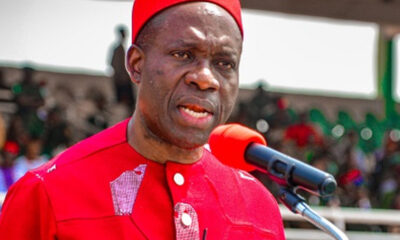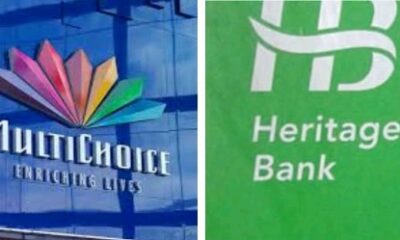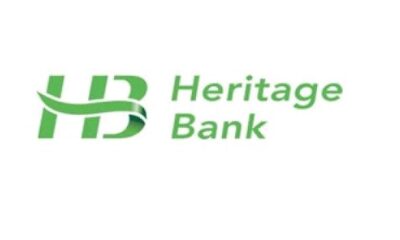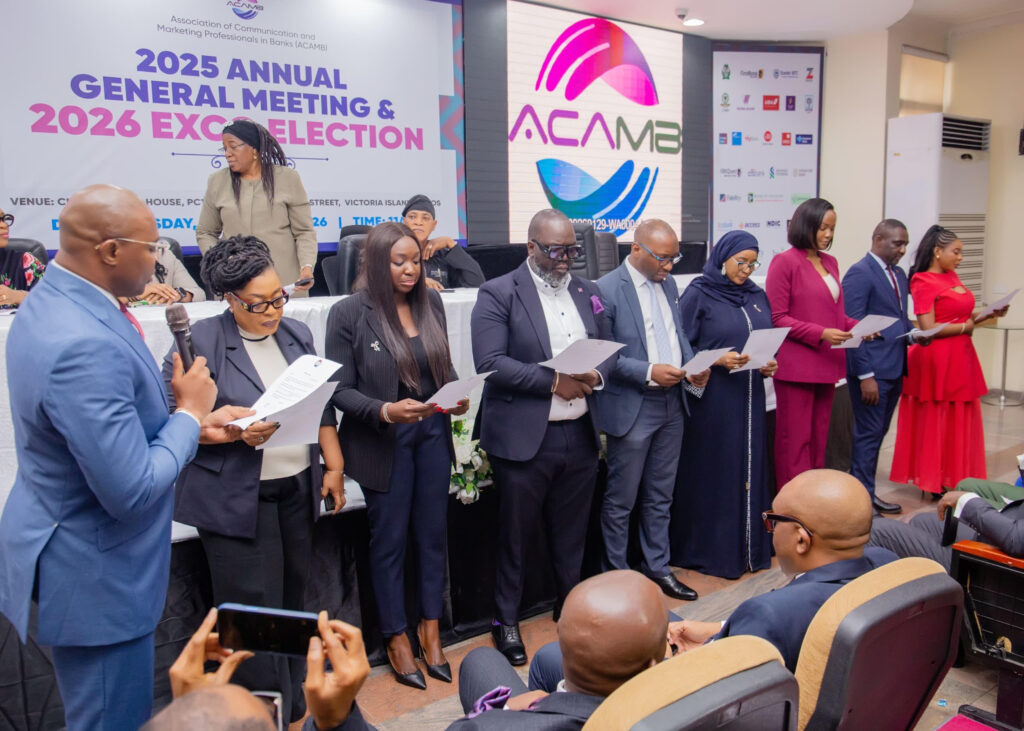United Bank for Africa (UBA) Plc, Africa’s Global Bank, has launched a simplified instant account opening digital platform designed to make banking faster, more accessible, and truly borderless for customers across Africa and in the diaspora.
The new platform enables prospective customers to begin and complete their account opening journey fully online, eliminating the traditional barriers of paperwork and initial branch visits. With this innovation, UBA continues to strengthen its leadership in digital banking and financial inclusion across the continent.
A Seamless, Fully Digital Experience:
Through the new platform, customers can start their onboarding journey via the web by simply selecting their preferred language and country. The process is accessible on computers, tablets, and smartphones, ensuring a consistent and user-friendly experience across devices.
The platform supports both Naira and Diaspora account openings, offering multi-language options that reflect UBA’s diverse customer base and pan-African footprint.
Built on Trust, Privacy, and Compliance:
In line with UBA’s commitment to global best practices, the Instant Account Opening platform is fully aligned with applicable privacy and data protection regulations, including the Nigeria Data Protection Act (NDPA) and the General Data Protection Regulation (GDPR). This ensures strong data privacy, enhanced customer confidence, and a robust legal framework for international and diaspora customers.
Bridging Traditional Banking and Fintech Convenience
Unlike traditional commercial bank onboarding processes, which often require physical branch visits, paper documentation, and in-person biometric capture, UBA’s new platform allows customers to initiate and complete onboarding digitally. Customers can upload required documents, complete digital KYC, and enroll in UBA’s digital channels immediately.
At the same time, the platform matches the speed and convenience customers have come to expect from fintechs, while retaining the strength, security, and regulatory depth of a leading African bank.
How It Works:
Opening an account on the platform is simple and intuitive:
Visit aop.ubagroup.com
Click Open a Savings Account and select Get Started
Enter your BVN and complete facial verification
Confirm the OTP sent to your registered phone number
Provide and update personal details
Upload required documents and add a digital signature
Receive your account number instantly
Shamsideen Fashola, Group Head, Retail and Digital Banking, noted that with this launch, UBA reinforces its mission to leverage technology to democratize access to financial services, combining convenience, compliance, speed, and accessibility in one seamless platform.
“At UBA, we are committed to redefining the customer experience through innovation and simplicity. Our new Instant Account Opening platform reflects this commitment by removing traditional barriers and making it easy for anyone — whether on the continent or in the diaspora — to open an account in minutes. This fully digital solution underscores our belief that banking should be accessible, secure, and truly borderless,” Shamsideen said
Alero Ladipo, Group Head, Brand, Marketing, and Corporate Communication, said: “We understand that today’s customers expect speed, convenience, and compliance without compromise. With this platform, we have blended industry-leading digital onboarding with robust privacy and regulatory standards, ensuring that our retail customers enjoy a seamless account opening experience that matches global best practices.”
United Bank for Africa operates in 20 African countries, as well as the United Kingdom, the United States, France, and the United Arab Emirates. The bank provides retail, commercial, and institutional banking services and is a leader in financial inclusion and technology-driven banking solutions. UBA is one of the largest employers in the African financial sector, with 30,000 employees across the Group and more than 50 million customers globally

 BIG STORY5 days ago
BIG STORY5 days ago
 BIG STORY5 days ago
BIG STORY5 days ago
 NEWS2 days ago
NEWS2 days ago
 BIG STORY5 days ago
BIG STORY5 days ago
 BIG STORY3 days ago
BIG STORY3 days ago
 BIG STORY1 day ago
BIG STORY1 day ago
 NEWS2 days ago
NEWS2 days ago
 BIG STORY4 days ago
BIG STORY4 days ago





















